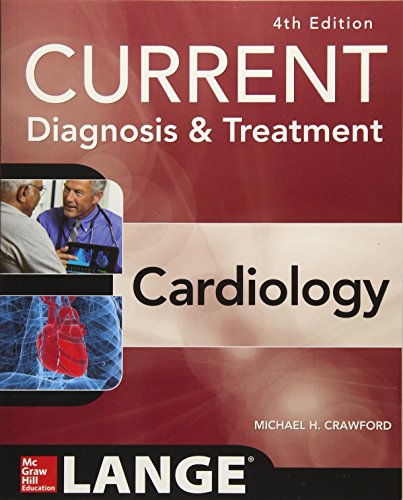

Innovative Cardiology Treatments for Heart Health
Advancements in cardiology have led to innovative treatments that play a pivotal role in maintaining heart health. In this article, we’ll explore some of these cutting-edge cardiology treatments and their significance in promoting cardiovascular well-being.
Precision Interventions: Tailoring Treatment to Individual Needs
Modern cardiology treatments are moving towards precision interventions, acknowledging the unique needs of each patient. From personalized medication plans to targeted procedures, the emphasis is on tailoring treatments based on individual factors such as genetics, lifestyle, and overall health. This precision approach enhances the effectiveness of interventions and minimizes potential side effects.
Minimally Invasive Procedures: Maximizing Effectiveness, Minimizing Impact
Minimally invasive procedures have revolutionized cardiology treatments. Techniques such as angioplasty and stent placement can address coronary artery issues with smaller incisions, reducing recovery time and potential complications. These procedures not only maximize effectiveness but also minimize the impact on patients’ daily lives, allowing for quicker return to normal activities.
Catheter Ablation for Arrhythmias: Targeted Rhythm Correction
Catheter ablation is an innovative treatment for heart rhythm abnormalities, known as arrhythmias. This procedure involves the use of a catheter to deliver energy to the heart tissue, disrupting abnormal electrical pathways causing irregular heartbeats. Catheter ablation is a targeted and effective solution for certain types of arrhythmias, restoring a normal heart rhythm.
Transcatheter Aortic Valve Replacement (TAVR): Advancing Valve Procedures
TAVR is a groundbreaking treatment for aortic valve disease, particularly in individuals deemed high-risk for traditional open-heart surgery. This minimally invasive procedure involves replacing the aortic valve using a catheter, offering a viable alternative to surgery. TAVR has expanded treatment options for those who may not have been candidates for traditional valve replacement.
Remote Monitoring and Telemedicine: Enhancing Patient Care
Technological advancements have brought about remote monitoring and telemedicine in cardiology. Patients with heart conditions can now be monitored remotely through wearable devices, and telemedicine allows for virtual consultations with healthcare providers. These innovations enhance patient care by providing real-time data and facilitating timely interventions, especially for those managing chronic heart conditions.
Artificial Intelligence in Diagnostics: Augmenting Precision
Artificial intelligence (AI) is increasingly being integrated into cardiology diagnostics. AI algorithms analyze vast amounts of data from tests such as echocardiograms and electrocardiograms, aiding in the early detection of cardiovascular issues. The use of AI enhances diagnostic precision, allowing for more accurate assessments and timely initiation of appropriate treatments.
Gene Therapy for Inherited Cardiac Conditions: Targeting Underlying Causes
Gene therapy is a burgeoning field in cardiology, especially for inherited cardiac conditions. By targeting the underlying genetic causes of certain heart diseases, gene therapy holds the potential to prevent or mitigate the progression of these conditions. While still in early stages, ongoing research in gene therapy is promising for the future of treating inherited cardiac disorders.
Regenerative Medicine: Repairing and Restoring Heart Tissue
Regenerative medicine offers novel approaches to repair and restore damaged heart tissue. Stem cell therapy and other regenerative techniques aim to promote the regeneration of heart cells, potentially reversing the damage caused by heart attacks or other cardiac events. While research in this area continues, regenerative medicine holds promise for improving cardiac function and outcomes.
Lifestyle Modification Programs: Integrating Holistic Care
In addition to advanced medical interventions, cardiology treatments increasingly emphasize lifestyle modification programs. These programs focus on dietary changes, exercise routines, stress management, and smoking cessation to address risk factors and promote heart-healthy habits. Integrating holistic care into cardiology treatments enhances overall cardiovascular well-being.
Explore the Latest in Cardiology Treatments: Visit Cardiology Treatments for more information on innovative approaches to heart health. Stay informed about the latest advancements in cardiology and take proactive steps to maintain a healthy heart for a vibrant and active life.








